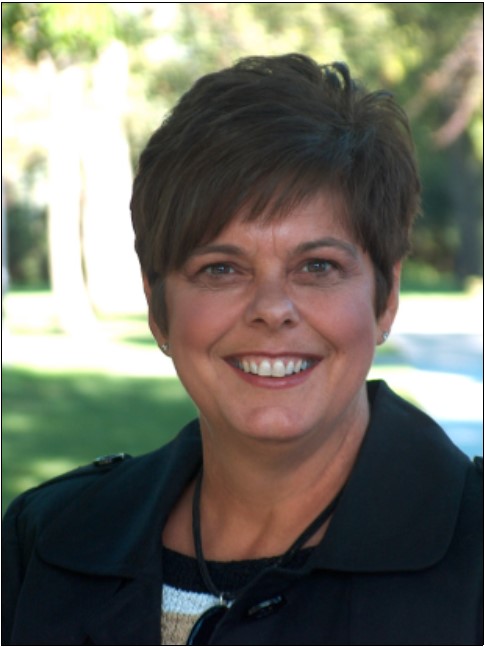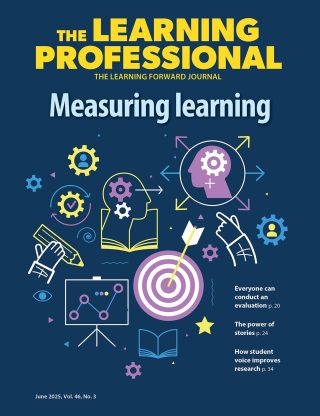FOCUS
Choice and agency drive educators’ engagement in online literacy course
By McKenzie Rabenn and Pamela Beck
August 2024
Read the remaining content with membership access. Join or log in below to continue.
Sed ut perspiciatis unde omnis iste natus error sit voluptatem accusantium doloremque laudantium, totam rem aperiam, eaque ipsa quae ab illo inventore veritatis et quasi architecto beatae vitae dicta sunt explicabo. Nemo enim ipsam voluptatem quia voluptas sit aspernatur aut odit aut fugit, sed quia consequuntur magni dolores eos qui ratione voluptatem sequi nesciunt. Neque porro quisquam est, qui dolorem ipsum quia dolor sit amet, consectetur, adipisci velit, sed quia non numquam eius modi tempora incidunt ut labore et dolore magnam aliquam quaerat voluptatem.
References
Cho, Y.J. & Perry, J.L. (2012). Intrinsic motivation and employee attitudes: Role of managerial trustworthiness, goal directedness, and extrinsic reward expectancy. Review of Public Personnel Administration, 32(4), 382-406.
Drea, J. (2021, March 18). Online? In person? The power of letting students choose. Harvard Business Publishing: Education. hbsp.harvard.edu/inspiring-minds/online-in-person-the-power-of-letting-students-choose
Guthrie, J.T. & Klauda, S.L. (2014). Effects of classroom practices on reading comprehension, engagement, and motivations for adolescents. Reading Research Quarterly, 49(4), 387-416.
Learning Forward. (2022). Standards for Professional Learning. Author.
Margolis, J. & Nagel, L. (2006). Education reform and the role of administrators in mediating teacher stress. Teacher Education Quarterly, 33(4), 143-159.
Paterson, R.J. & Neufeld, R.W. (1995). What are my options? Influences of choice availability on stress and the perception of control. Journal of Research in Personality, 29(2), 145-167.
Rabenn, M. (2023). Understanding how North Dakota teachers’ knowledge, beliefs, and confidence are constructed in an asynchronous literacy professional development [Unpublished doctoral dissertation]. University of North Dakota.
Recent Issues
NAVIGATING NEW ROLES
April 2025
Whether you’re new to your role or supporting others who are new,...
LEARNING DESIGNS
February 2025
How we learn influences what we learn. This issue shares essential...
BUILDING BRIDGES
December 2024
Students benefit when educators bridge the continuum of professional...
CURRICULUM-BASED PROFESSIONAL LEARNING
October 2024
High-quality curriculum requires skilled educators to put it into...













